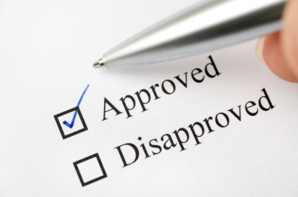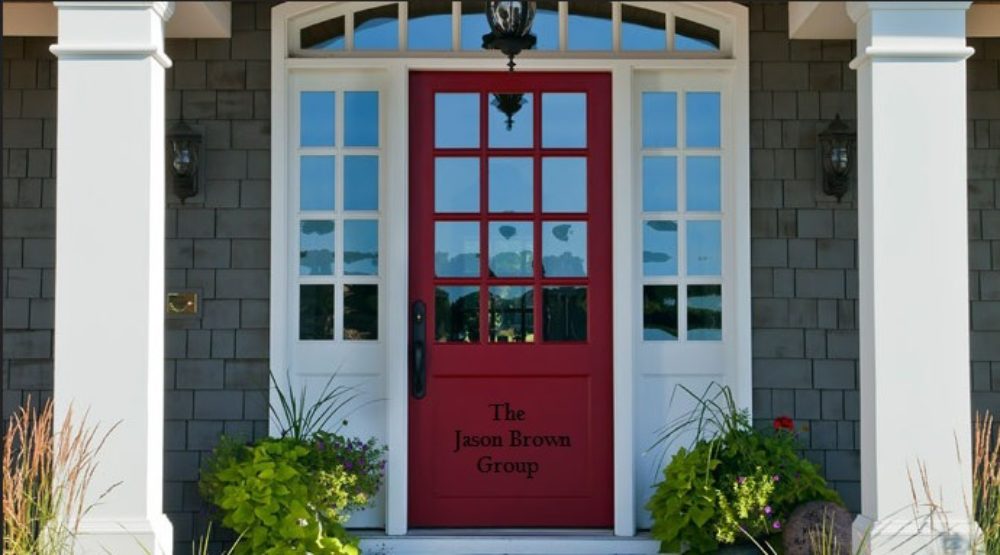Hands On The Heartland
Checking The Pulse Of The Kansas City Real Estate Market
I asked the Magic 8 Ball “Is now a good time to buy a house in Kansas City? and the answer was “Maybe”. Worthless Magic 8 Ball. OK, I do believe it’s a good time to buy a home because there are so MANY great deals in today’s marketplace. I must go further though and add that it weren’t for the historically low interest rates and the government handing out huge home buyer tax credits, it would be a more difficult argument. Strictly from an investment stand-point, many would argue it’s a risky time to be buying real estate. But it’s also possible that we’re nearing the bottom of the market and those jumping in today could make others look silly for not having jumped into 2009’s real estate market that is plush with tax credits and low interest rates.

Should You Buy A Kansas City Home?
Let’s look at a hypothetical example of buying a $200,000 home today or waiting three years to buy a $200,000 home. If a buyer purchased a home for $200,000 today and it lost $8,000 in value the next three years, the $8,000 tax credit they received when purchasing would negate the loss in value – so you can see the huge cushion the government is providing with these tax credits – and if the home didn’t lose any value then the buyer really makes out like a bandit.
Let’s now take a look at interest rates. If a $200,00 home was purchased today at 5% interest rate (with 3.5% down) the principal and interest (P&I) payments would be $1,035/month. Now if the buyer waited three years to purchase that $200,000 home and interest rates jump to 7% (which is entirely possible), then their P&I monthly payments would be $1,284/month – meaning the borrower is losing about $250/month by having waited. That would equate to a $3,000 loss each year going forward and $9,000 over the next three years!
Let’s also factor in the mortgage interest deduction. We have to make an assumption here, so let’s assume the buyer of a $200,000 home is in the 25% tax bracket (keeping in mind that I’m no accountant). A borrower who pays $1,000 interest per month would be able to write off 25% of each month’s interest and in this scenario that would be $3,000 each year – so that would be $9,000 over the three year period! If renting, there would of course be NO interest write-off.
Putting all three factors together, the buyer who doesn’t purchase in 2009 would lose (1) the $8,000 tax credit, (2) $9,000 in the 2% jump in interest rates and (3) $9,000 in mortgage interest deduction for having rented versus owning. That would be $26,000 lost over just THREE years by waiting to purchase a home. These losses would of course continue to mount each and every year thereafter as well.
The pride of home ownership should also not be underestimated. The great wealth made during the housing boom led many to forget the main reason our parents and grandparents owned a home – shelter. It’s entirely possible that a person who loses a few thousand on a home rather than renting is a happier, more productive person for having owned and lost some value than for having rented and treaded water. All I’m saying is that there are intangibles that can not be quantified when it comes to home ownership. I guarantee that if you told me my options were losing a few thousand over a few years owning versus living in an apartment, the decision would be easy. I lose thousands on my vehicle each year and you could bet I’d also choose to own and lose a little over living in an apartment. Of course, there are other choices besides just those two scenarios – one of those being to locate one of the many great real estate deals that are out there today.
COMMENTS CAN BE LEFT BELOW…
(Click post headline if you don’t see the LEAVE A COMMENT section.)



